India’s cutting-edge military capabilities were demonstrated during Operation Sindoor, National Security Advisor Ajit Doval revealed while addressing the 62nd convocation of IIT Madras on Friday. In a swift 23-minute operation past 1 am on May 7, Indian forces struck nine terror targets deep inside Pakistan, in response to the April 22 Pahalgam terror attack that claimed 26 lives.
“We knew who was where—and we missed none,” Doval said, highlighting the precision of the strikes and the effectiveness of India’s indigenous military systems. He affirmed that no unintended sites were hit, and not a single pane of glass was shattered back home.
Doval also took aim at international media reports questioning the operation’s effectiveness. “They wrote what they wanted, but satellite images tell the real story—13 Pakistani airbases show what happened before and after May 10,” he said, referring to locations like Sargodha, Chaklala, and Rahim Yar Khan.
He praised systems such as BrahMos missiles, integrated air command, and battlefield surveillance for enabling such high-accuracy strikes. “Much of it was driven by indigenous content. I am really proud,” he noted, drawing applause from the students.
Doval underscored the critical role of technology in modern warfare and commended IIT Madras and India’s private sector for developing 5G technology in just two-and-a-half years—far quicker than China’s 12-year, $300 billion effort.
“Even a screw related to security must come from a trusted source,” Doval said, stressing self-reliance in technology to protect national interests.
Padma Vibhushan awardee Padma Subrahmanyam also lauded Operation Sindoor, calling it a testament to the valour championed by the Bhagavad Gita. A total of 3,661 degrees were awarded, including 529 PhDs, marking another milestone for IIT Madras.








 OpinionExpress.In
OpinionExpress.In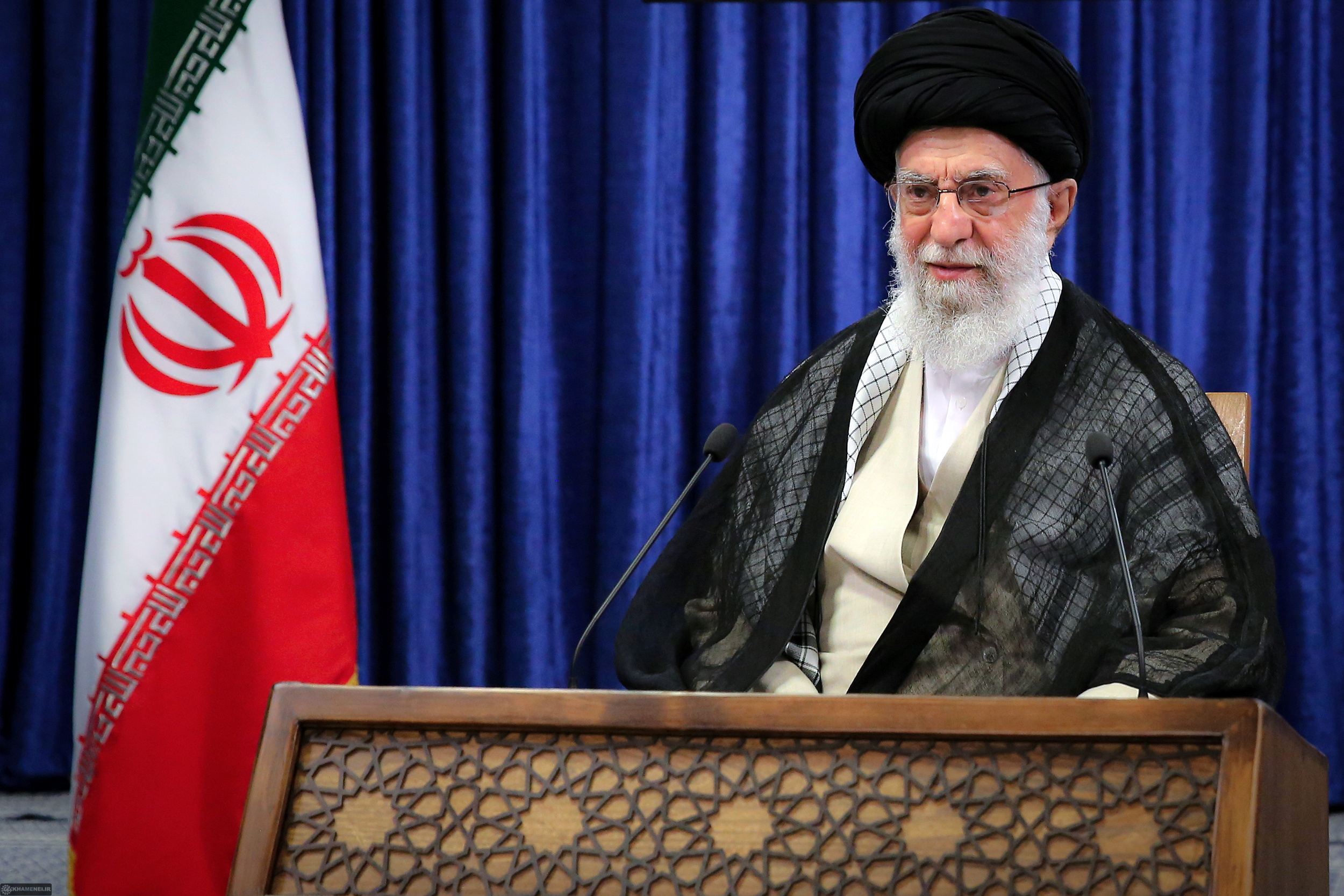


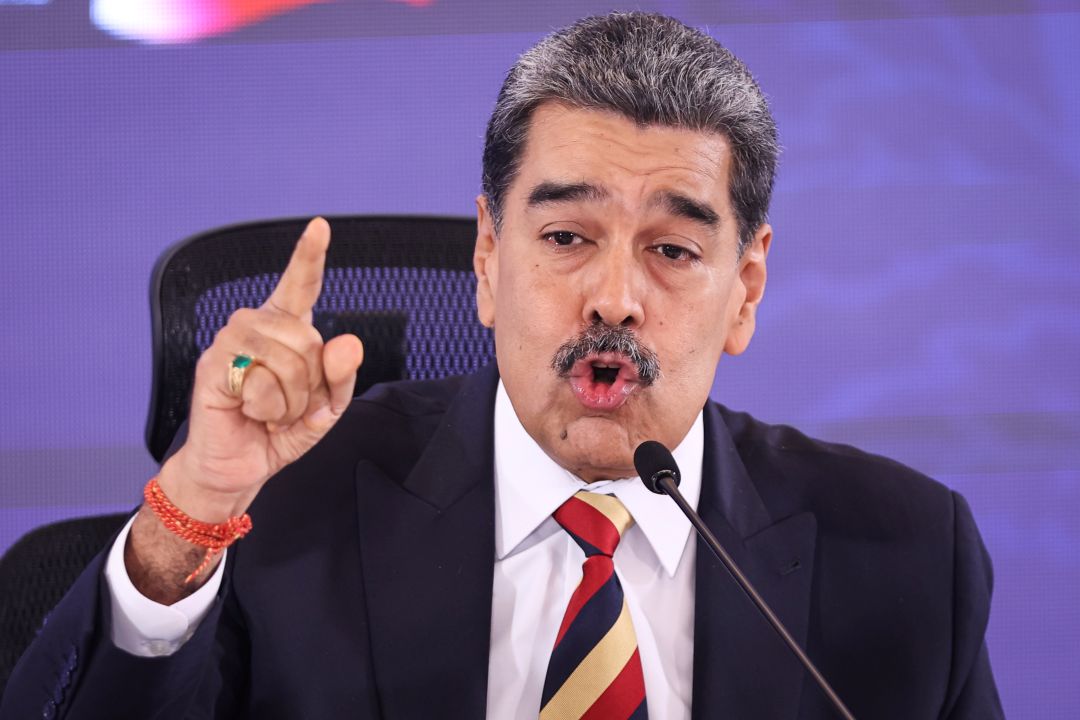

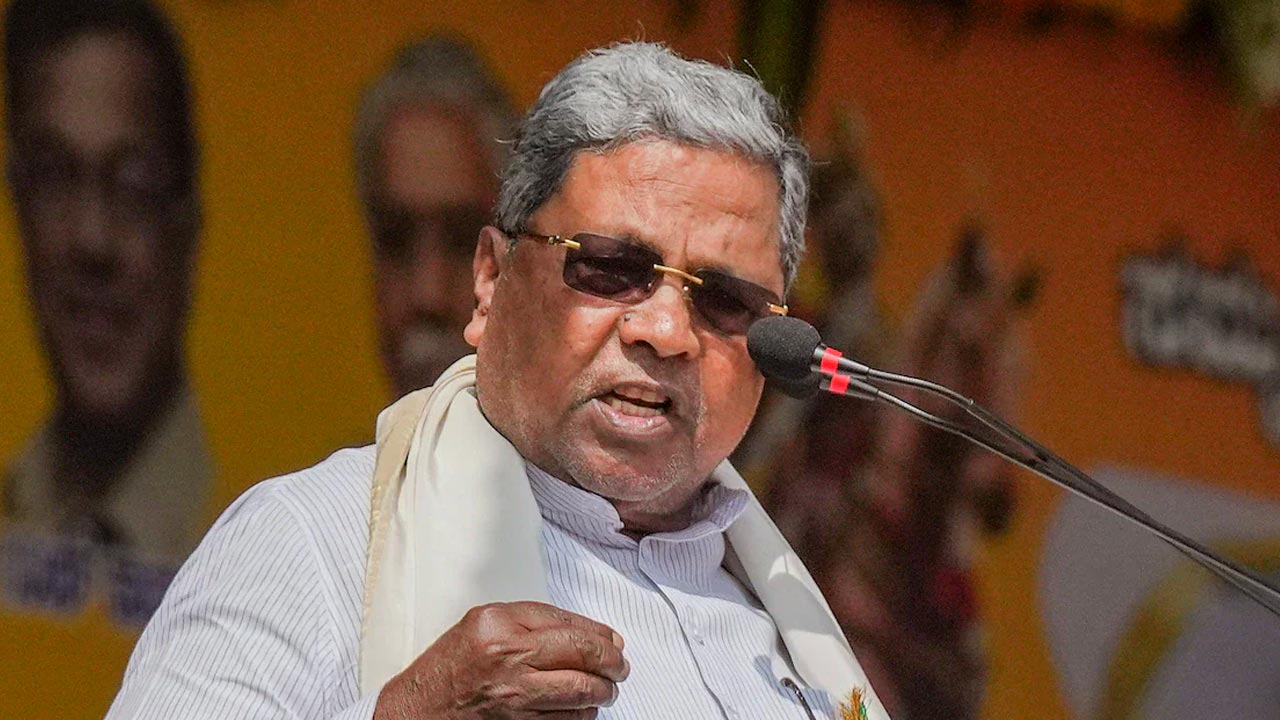
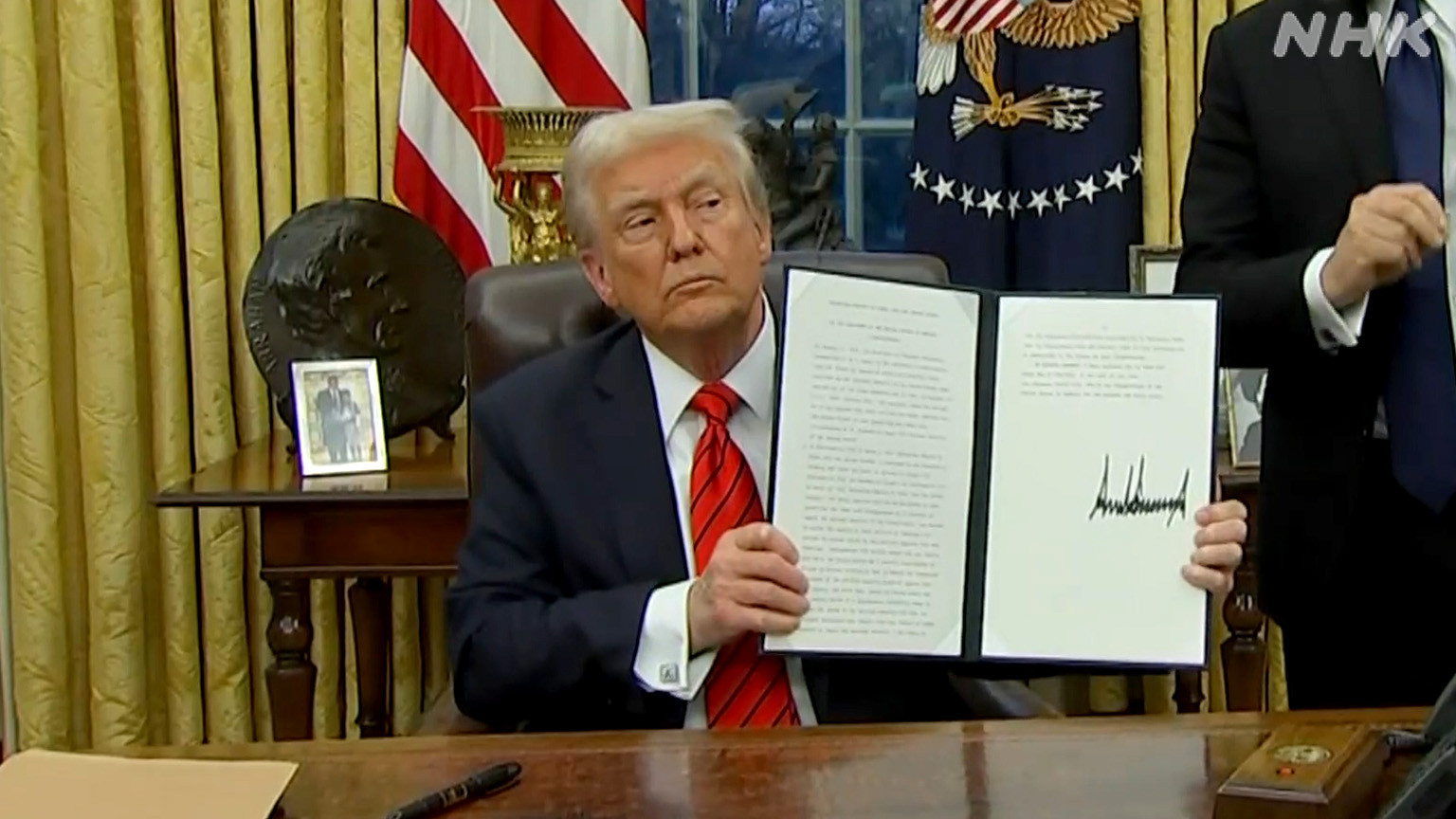
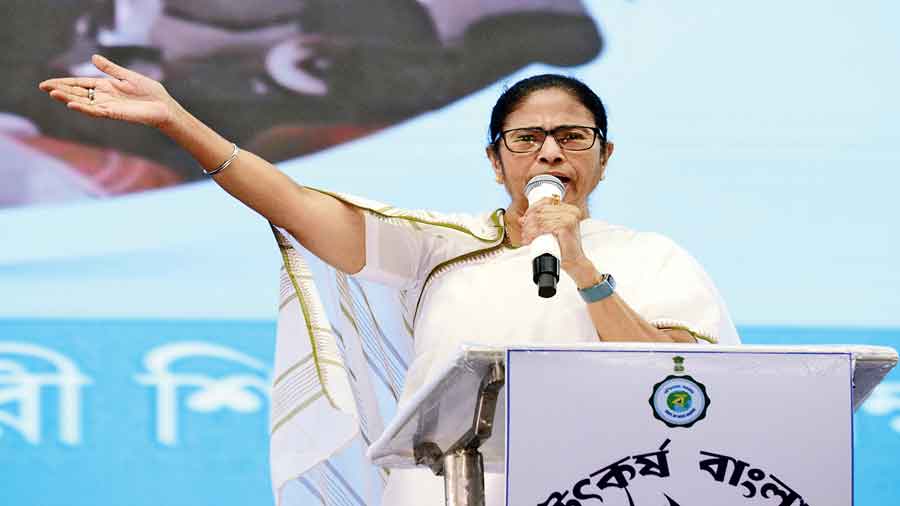
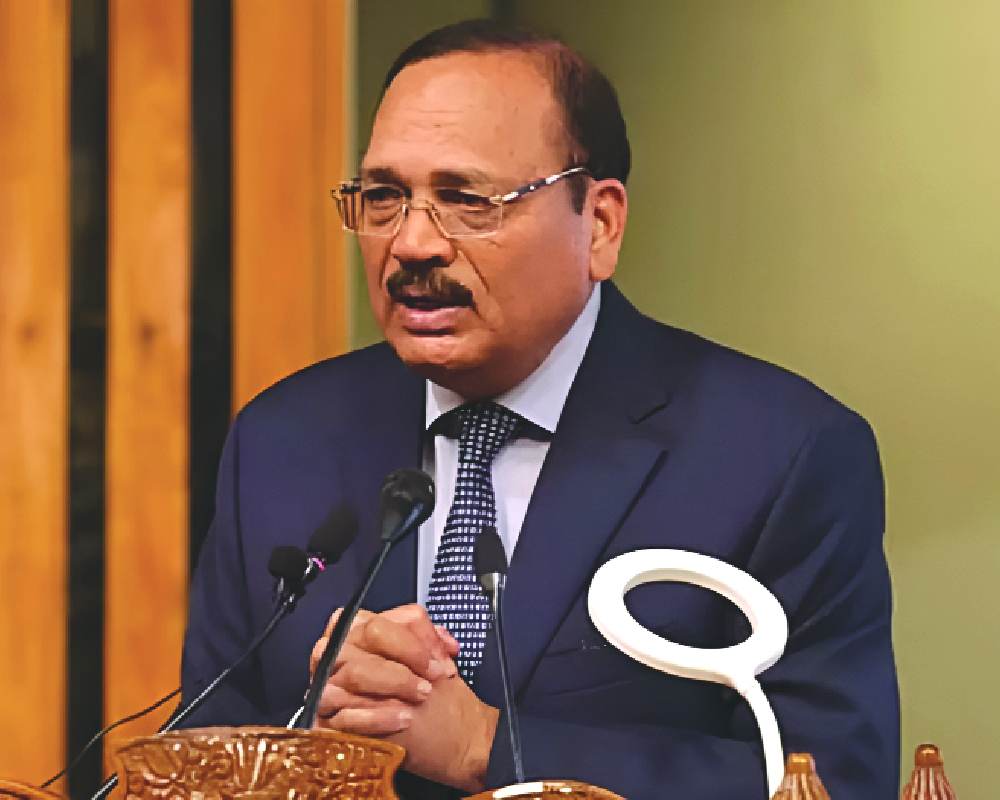
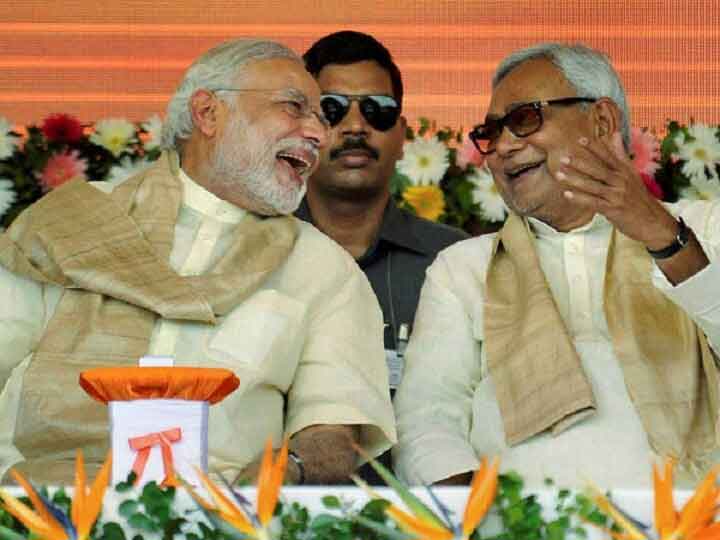






Comments (0)